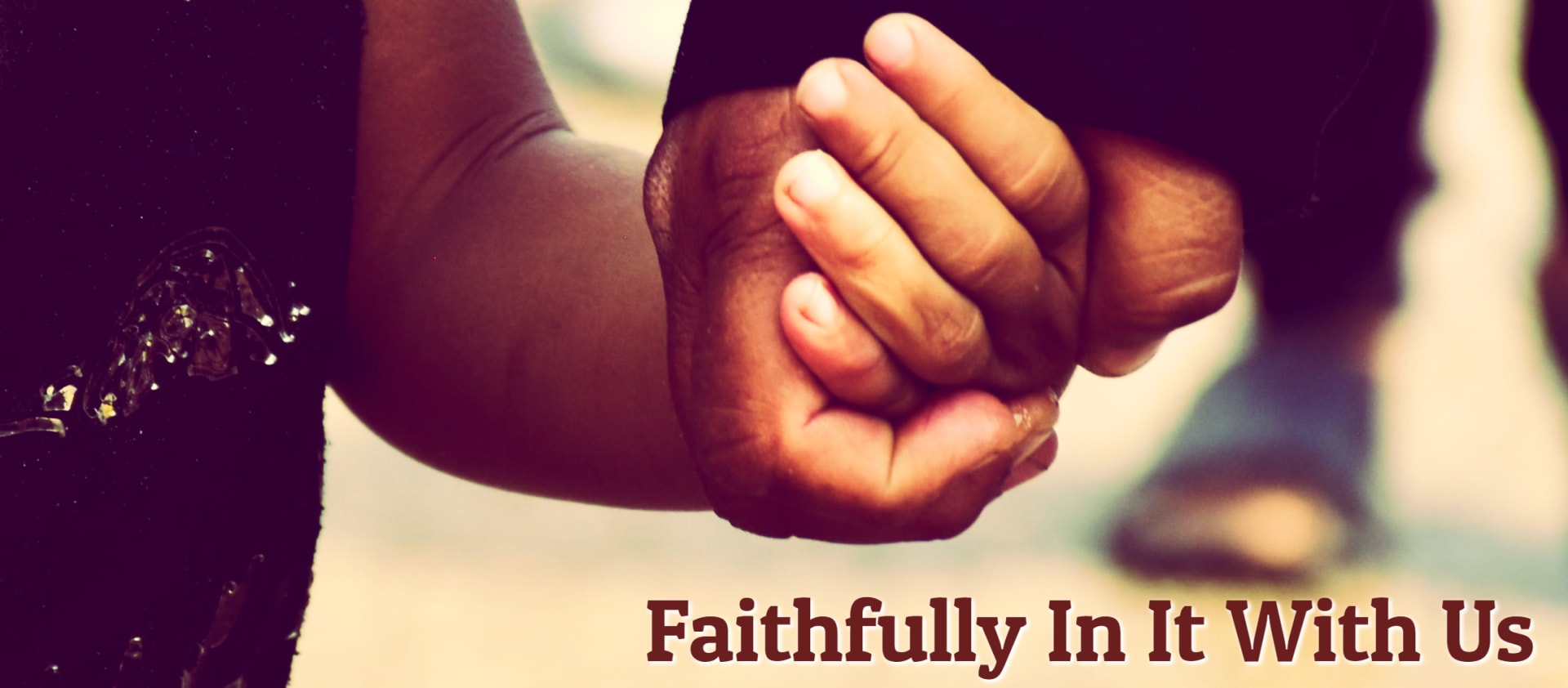God Chooses Covenant
Elaine Poproski Download: Audio
Scripture: Genesis 9:8 – 17
Then God said to Noah and to his sons with him, “As for me, I am establishing my covenant with you and your descendants after you…” Read more…
Looking to Sunday
by Elaine Poproski
For as long as I can remember I’ve been fascinated by ancient civilizations – their myths, legends, and gods. I’ve been particularly intrigued by the relationship of human beings to their gods. In some cultures, the gods were petty and vindictive; one never knew for sure if one’s sacrifices and worship would appease them. In other cultures, the gods were wise and beneficent, as faithful to their people as their people were to them.
4,000 years before Christ and for 2,300 years thereafter, the Sumerian civilization flourished at the northern edge of the Persian Gulf, nestled between the Euphrates and Tigris rivers. The people who populated the city-states that made up this civilization were responsible for things like dividing time into hours, minutes, and seconds, creating the first schools, and irrigation techniques still used today. The earliest version of the tale of the Great Flood, that we know from Genesis 6 – 8, comes from this civilization. Abraham and Sarah, who we first meet in Genesis 11, were born and raised in Ur, one of these great Sumerian city-states.
Out of this ancient civilization come a number of poems and epics celebrating and cataloguing the activities of the gods, the creation of the world, and the formation of the first human beings. In one of the most famous creation stories from the region, the Enuma Elish, human beings are created “for two reasons: first, in order to release the gods from their burdensome menial labours, and second, to provide a continuous source of food and drink to temples.”[1] In other words, the purpose of people was to serve the gods.
How different the relationship between our God and His people was, right from the beginning. Ours is a God who isn’t looking for slaves or labourers; ours is a God looking for relationship – for children to love unconditionally and sacrificially. Ours is a God who chose not to remain aloof from His creation, but to be in it with us. He chose to be faithful, even when we are not. He chose to forgive, even when we don’t change. And He chose to be bound by these choices for all eternity. This is God’s covenant – God’s promise. Beginning on Sunday and over the coming weeks, we will be reminded again and again of this astounding choice God made and continues to make.
On Sunday we’ll take a trip back to before time began, to the covenant God made with Noah – a covenant passed down through the generations of humanity, a covenant to which God chose to bind Himself in a most ungodlike fashion. As you prepare for Sunday, perhaps consider what it means that our all-powerful God, who created and sustains all things, chose to restrict His power – His anger – and to keep His covenant regardless of our choices.
[1] Spar, Ira. “Mesopotamian Creation Myths.” In Heilbrunn Timeline of Art History. New York: The Metropolitan Museum of Art, 2000–. http://www.metmuseum.org/toah/hd/epic/hd_epic.htm (April 2009).

